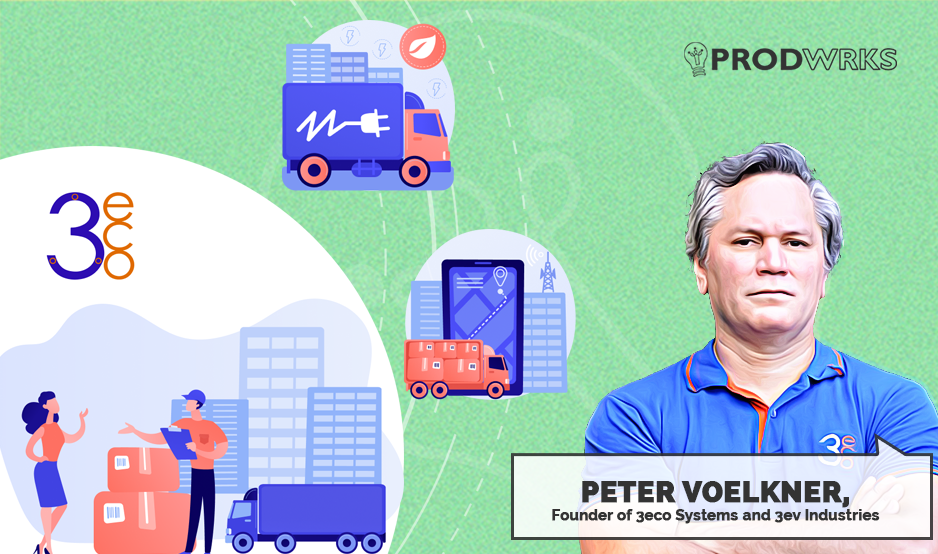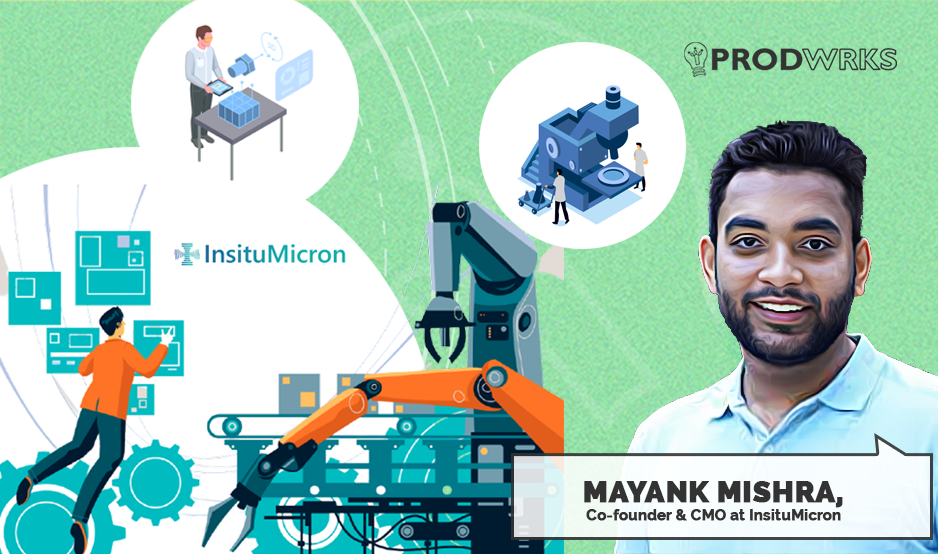
The large backlog of cases in our courts – 69,000 in the Supreme Court, 60 lakh in the High Courts, and five crore cases in the district courts – also makes a strong case for implementing AI & ML products and solutions that can fastrack legal processes. So, there is no doubt that the push for AI will pave the way for renewed interest in the legaltech product development space.
However, experts say that people building AI products must approach product development with prudence after examining the ethical issues and the pros and cons of implementing AI in every step of legal practice in India.
To better understand the impact of AI implementation and the state of digital penetration in our legal system, Team ProdWrks reached out to lawyer Shreya Sharma, the founder and CEO of Rest The Case – an online legal aggregator platform.
State of AI in the Indian Legal System
Shreya says that today, most big law firms have implemented or started investing considerably in different kinds of AI-ML solutions, especially for automation and to reduce documentation time by up to 90%.
“AI-ML can help to process large amounts of data in legal cases that usually are done manually. Additionally, they can be used to predict outcomes based on previous cases. Therefore, these mechanisms can ultimately help lawyers and law firms speed up the process of their proceedings and reduce the burden on the people,” explains Shreya.
The Perks of Having AI in the Indian legal system
Shreya sees three specific areas where artificial intelligence could help the Indian judicial system and law practitioners – Organizing legal research and case management, automating documentation, and accelerating dispute resolution. Let’s look at this in detail.
1. Organizing Legal Research and Case Management
Thousands of laws, acts, and sections are involved in court cases. AI tools can help legal professionals process a lot of data and instantly bring in the relevant sections and acts that apply to a case.
2. Automating documentation
Every case has several legal documents involved. AI tools can help automate routine documentation tasks, which spares extra time for legal professionals. It makes the entire legal procedure more efficient and swift.
3. Accelerating Dispute Resolution
Dispute resolution processes like mediation and arbitration are easier with AI technology. AI can facilitate negotiations and settlements by quickly analyzing data from previous cases to suggest potential resolutions.
Do law practitioners want AI?
In a survey conducted a couple of years back by Gurugram-based BML Munjal University, it was found that 42% of lawyers believed that over 20% of regular, day-to-day legal work would be performed with technologies such as AI-ML.
The survey also found that about 94% of law practitioners favored research and analytics as the most desirable skills in young lawyers.
Shreya says, “With AI Integration, cases that don't involve many elements will be resolved swiftly and efficiently. Along with that, lawyers and courts will be able to solve more cases than before and get justice delivered on time with the help of AI.”
AI products used in the Indian judiciary
There are several AI tools used in the legal industry in India. One is the AI-powered portal SUPACE used by the Supreme Court to improve the productivity of legal researchers and judges in India.
Another AI tool that the SC uses is the Supreme Court Vidhik Anuvaad Software (SUVAS), which translates SC judgments into vernacular languages. It can translate judgments into nine languages such as Assamese, Bengali, Hindi, Kannada, Marathi, Odiya, Tamil, Telugu, and Urdu.
Shreya says many more AI tools are under development at IIT Kharagpur for the legal industry that may soon see the light of day and mass adoption.
Global AI products that can be adopted for India
Despite advances in the Indian legaltech space, it was only after the pandemic that the Indian legal system adopted digital products widely. But it is still pretty under-digitized, says Shreya.
Some popular and useful AI legaltech products in Western countries still do not have an equivalent Indian adaptation. Shreya names a few.
“Take ROSS Intelligence, for instance. The sheer volume of data and facts that lawyers analyze for every case can be overwhelming. With ROSS Intelligence, lawyers can ask queries to the AI system and obtain information like recommended readings, pertinent case law, and secondary resources,” explains Shreya.
Apart from helping legal practitioners, Shreya believes that AI legaltech products can improve access to legal help for the common public.
Shreya says, “Chat Bots like DoNotPay and BillyBot are a great help in providing legal aid and improving public access to services. These bots help in automating tasks that attorneys normally perform. It speeds up the work and gives customers the best experience by allowing them to self-serve online.”
Shreya herself is on a mission to incorporate AI and ML capabilities into her legal aggregator platform, Rest The Case. She aims to improve how clients interact on her platform to seek legal help and also enable access to pre-generated legal documents on her tech platform.
Potential risks of AI implementation
Implementing AI in legaltech solutions also has a few negatives, and Shreya identifies three that people in the legal system are trying to work their way around.
1. AI legaltech solutions are expensive
Small law firms may not have the resources to subscribe to AI legaltech products due to their prohibitive entry cost. However, smaller firms and solo practitioners can use SaaS solutions or open-source AI models to maintain cost efficiency.
2. Machines can’t be trustworthy
AI can do many things, and slowly we become dependent on it. But there is no guarantee that it won’t make an error. Also, there are no regulations to supervise AI. No matter how advanced AI is, it can’t listen, empathize, advocate, or understand politics.
3. Vulnerable to Cyber Threats
Sensitive data in AI’s cloud systems poses a huge cyber threat. According to a recent study by LawyersMutual, over 22% of legal firms are affected by cyberattacks. Hence, all the data that legal firms and courts feed to AI is constantly at risk of cyber-attacks.
Future of AI in Indian Legal System
The implementation of AI still has a long way to go in India and greatly helps to automate minor and routine manual tasks in courts and law firms, says Shreya.
“But AI still can't replace humans and announce verdicts, you will still need a lawyer brain to build different legal automation systems and update them regularly as the laws change. With AI Integration, lawyers and courts can solve more cases than before and get justice delivered swiftly and efficiently,” Shreya concludes.




